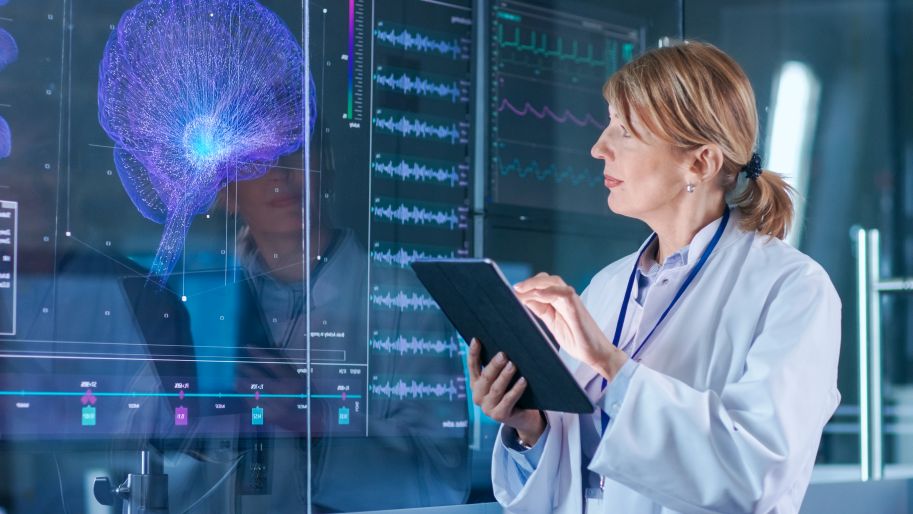Global cooperation in artificial intelligence
 © iStock
© iStock Germany is driving forward innovation in the field of artificial intelligence (AI) – and as such is a partner in international demand.
The desire to shape the future is considerable. Artificial intelligence (AI), a subject that is being discussed internationally more than almost any other issue, has recently prompted governments around the world to develop national strategies. Germany’s federal government adopted its strategy in November 2018. Its central objective is to strengthen Germany as a location for artificial intelligence research. Furthermore, the idea is to promote the application of AI in industry, particularly in small and medium-sized enterprises.
Germany's Artificial Intelligence Strategy
A key element of the federal government’s Artificial Intelligence Strategy is to further develop and interlink the centres of AI research excellence in Berlin, Munich, Dresden/Leipzig, Dortmund/Bonn and Tübingen. These centres of excellence are to make German AI research even more internationally competitive and to further extend exchange with business and industry. This process is being supervised and supported by an international think tank chaired by Professor Matthias Kleiner, who is the president of the Leibniz Association.

"AI research in Germany is in a good starting position. The planned expansion and networking of the centres of excellence will help ensure that Germany will continue to play a leading role in the international competition for ideas in future."Prof Dr Matthias Kleiner, President of the Leibniz Association
Collaboration between politics, research and industry is also essential for the German Centres for Research and Innovation (DWIH) at their five worldwide locations in New York, São Paulo, Moscow, New Delhi and Tokyo. Furthermore, artificial intelligence is also being addressed in a variety of ways – albeit with different areas of emphasis – in the five DWIH host countries: the USA, Brazil, Russia, India and Japan.
The Board of Trustees of the DWIH network has therefore selected artificial intelligence as its overarching focus topic for 2019. Each of the five centres picks up on this annual focus topic in its programme and, together with its supporters, runs a wide range of related activities. By hosting interdisciplinary events and providing information about all aspects of artificial intelligence, each DWIH paves the way for further-reaching cooperation between Germany and the respective host country.





